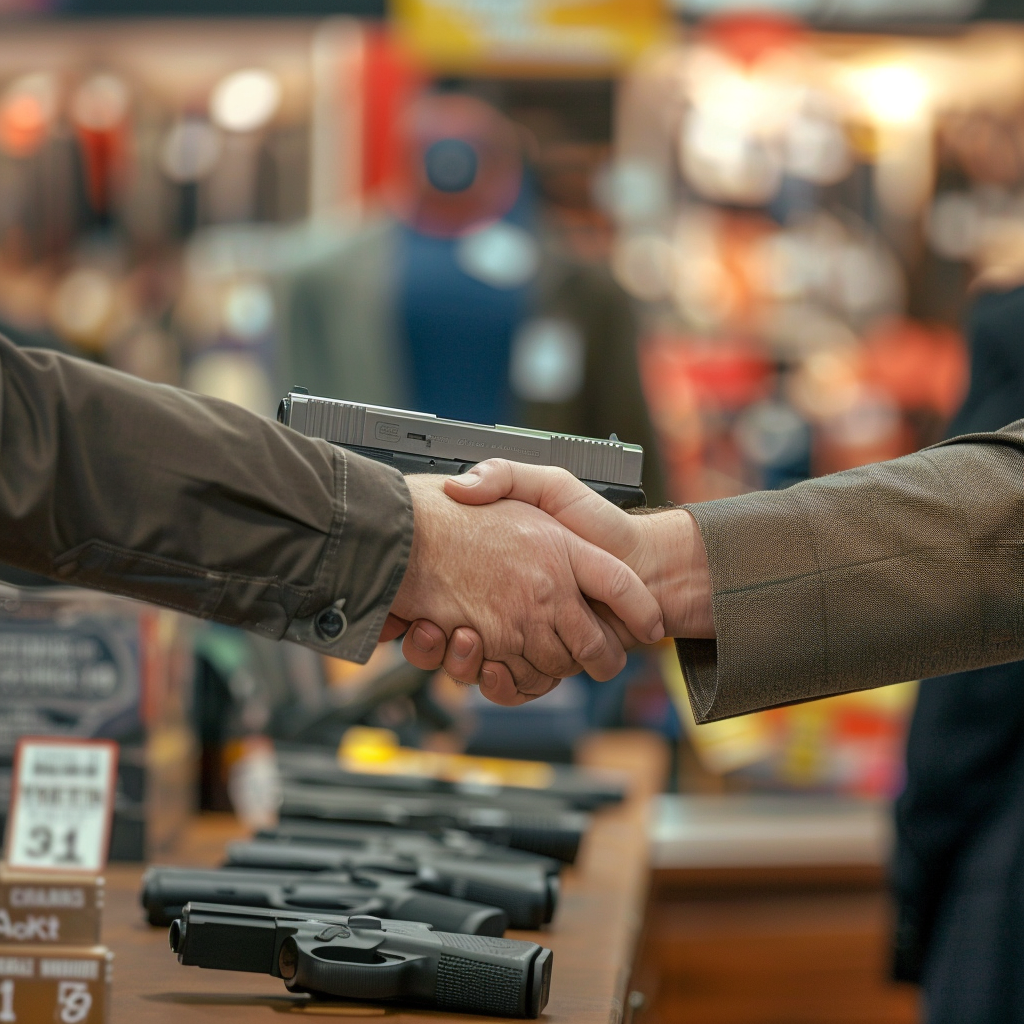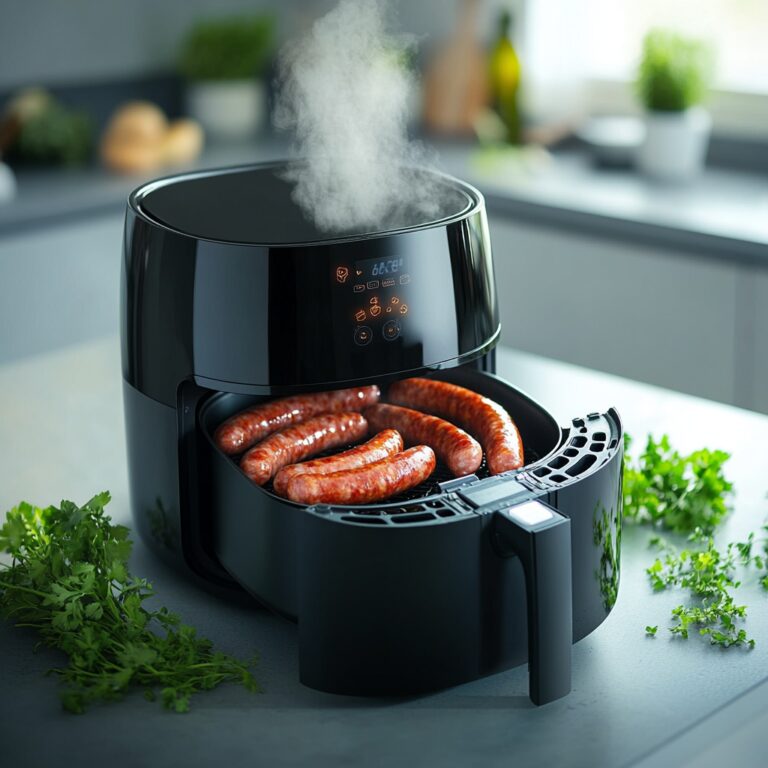“`html
Ultimate Guide: How to Sell a Handgun Legally and Safely
Introduction
Selling a handgun involves navigating several legal and safety requirements to ensure the transaction is both lawful and secure. With the right information and steps, you can confidently sell your handgun without encountering legal issues. This guide will walk you through the essential aspects of selling a handgun, from understanding regulations to ensuring safe transfers.
Understand Legal Requirements
Federal Laws
Selling a handgun in the United States is regulated by federal law, primarily the Gun Control Act of 1968. Key requirements include:
- Firearms License: Engaging in the business of selling firearms typically requires a Federal Firearms License (FFL).
- Background Checks: All commercial sales must involve a background check conducted by a licensed dealer.
State Laws
State laws regarding handgun sales vary significantly. It’s crucial to:
- Research Local Laws: Understand the specific regulations in your state.
- Permit Requirements: Some states require a permit to purchase or sell handguns.
- Private Sales: Private sales between individuals may still require background checks or permits in certain states.
Prepping Your Handgun for Sale
Confirm Ownership
Before selling your handgun, make sure you are the rightful owner and that the firearm is not stolen or involved in any criminal activities. Proper documentation and proof of purchase can facilitate this process.
Condition and Maintenance
A well-maintained handgun is more likely to attract buyers and fetch a better price. Steps to take include:
- Cleaning: Ensure the handgun is thoroughly cleaned and in working condition.
- Repairs: Address any needed repairs or replacements for damaged parts.
- Documentation: Keep any manuals, receipts, or original packaging to provide to the buyer.
Listing Your Handgun
Choose the Right Platform
Many platforms are available for selling handguns, including:
- Online Marketplaces: Websites specializing in firearm sales.
- Local Gun Shops: Consignment or direct sale options.
- Gun Shows: Events where you can find potential buyers in person.
Craft a Detailed Listing
An effective listing will help attract serious buyers. Include these details:
- Make and Model: Complete information about the handgun’s make and model.
- Condition: Detailed description of its condition, including any flaws.
- Photos: High-quality images from multiple angles.
- Price: A competitive and fair price based on market research.
Facilitating the Sale
Screen Potential Buyers
Ensure that the buyer is legally allowed to purchase a handgun. This can include:
- Background Check: Conduct or facilitate a background check through a licensed dealer.
- Permit Verification: Confirm any state-specific permits or licenses the buyer must possess.
Meeting Arrangements
For in-person transactions:
- Choose Safe Locations: Public places or designated meeting spots like police stations.
- Accompaniment: Bring a friend along for added safety during the transaction.
Completing the Transaction
Legal Documentation
Proper documentation is crucial for both parties. Essential elements include:
- Bill of Sale: A comprehensive bill of sale listing both the seller’s and buyer’s information, firearm details, and the transaction date.
- Transfer Forms: Any required state or federal transfer forms to be completed and submitted.
Payment
Secure and verify the payment method before finalizing:
- Secure Payment Methods: Cash, certified checks, or electronic transfers for secure transactions.
- Verification: Ensure funds are verified and transferred before handing over the handgun.
Post-Sale Considerations
Record Keeping
Maintain copies of all transaction documents for future reference and legal proof of sale. This includes:
- Bill of Sale: Keep a copy of the bill of sale for your records.
- Transfer Documentation: Retain any completed transfer forms.
Notify Authorities
Depending on local requirements, you may need to inform:
- Local Law Enforcement: Notification of the sale to remove you from ownership records.
- State Firearms Agency: Report the transfer if mandated by your state’s laws.
Conclusion
Selling a handgun can be a smooth and secure process if you adhere to the necessary legal and safety procedures. By understanding and following federal and state regulations, preparing your firearm, choosing the right selling platform, and ensuring proper documentation, you can successfully sell your handgun legally and safely. Always prioritize compliance and safety to protect yourself and the buyer throughout the transaction.
“`





